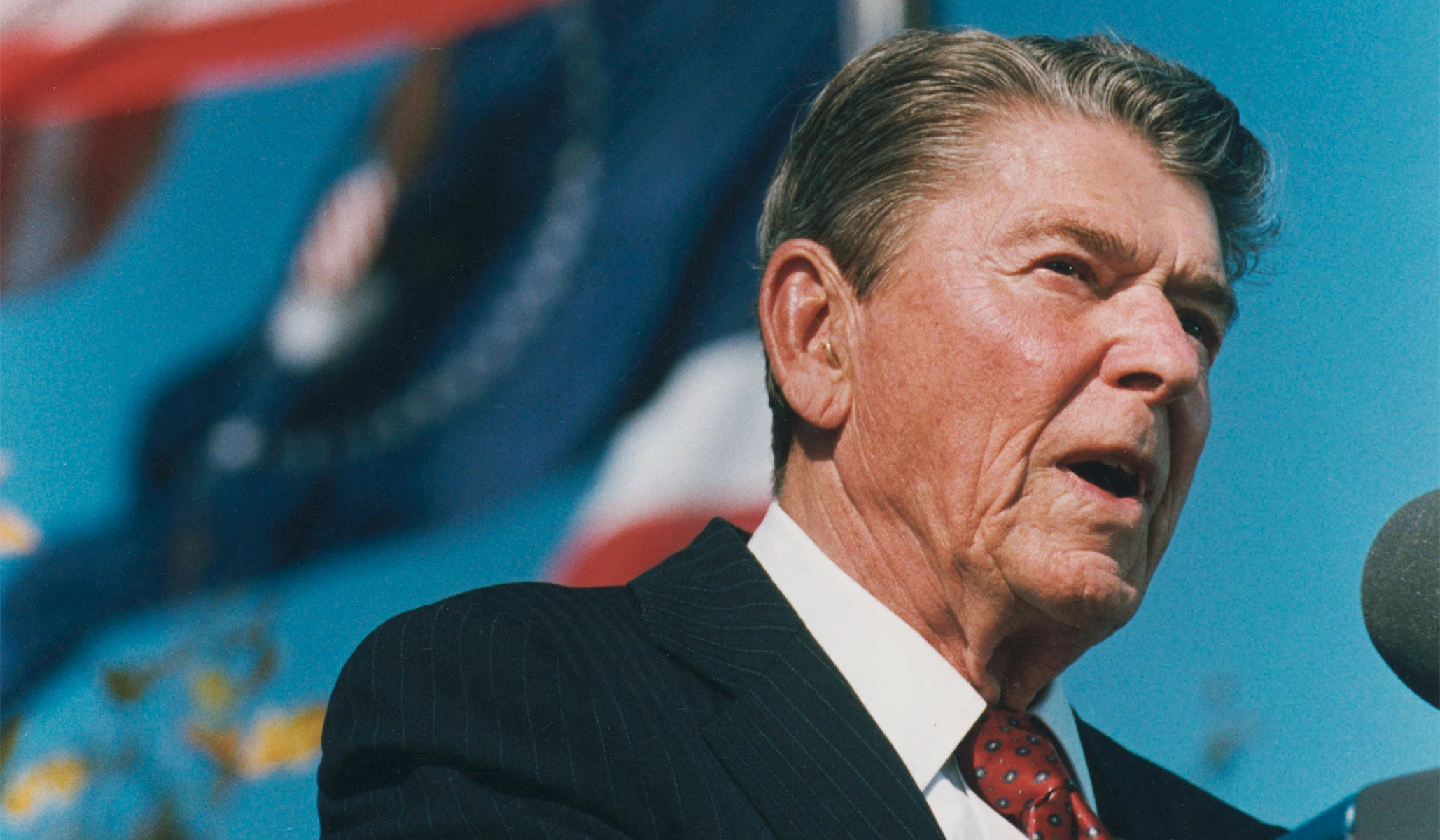Ronald Reagan’s inaugural message as governor of California in 1967 addressed recurring problems in history, and the lessons of a previous era that can apply to our own. Reagan’s speech covered crime, welfare reform, education, and radicalism on campus, framing these issues as aspects of a general relationship between government and the people. The American government, according to Reagan, was not omnipotent, and the Founders did not intend for it to lord over its citizens. Rather, they wanted the law to reflect the consensus of self-governed citizens. Reagan evoked a “Creative Society” where “government will lead but not rule, listen but not lecture.”
Reagan’s principles continued to inform his rhetoric and politics, and he restated these themes in his first presidential inaugural address. He tried to quell voter anxiety by distancing himself from extreme libertarianism. Reagan believed in the power of technology to improve the material conditions of life and advance the cause of civilization. Such progress was connected, in his mind, to a public commitment to human freedom.
The progressive Left is not the place for a supply-side revival. Liberal intellectuals don’t understand the economics, and Democratic interest groups won’t like the politics. It’s the conservative Right that must map out the topography of the Creative Society in the 21st century. That picture won’t look exactly like Reagan’s, but it will incorporate his insights.
The federal government would search for ways to copy or to promote state-level workforce initiatives that abolish occupational licensing or incentivize new home construction. Immigration levels must be regularized, by finishing construction of the border wall, normalizing asylum law, privileging high-skilled workers, and creating systems to match low-skilled workers with employers before migrants attempt illegal crossings.
A winning Republican or conservative doesn’t need to get lost in the weeds of policy detail. What’s more important is his ability to situate these particulars in a larger concept of the American future. That concept would put hardware over software and national pride over group loyalty. And it would drive home the idea that traditional social practices are the bedrock of prosperity and peace.

